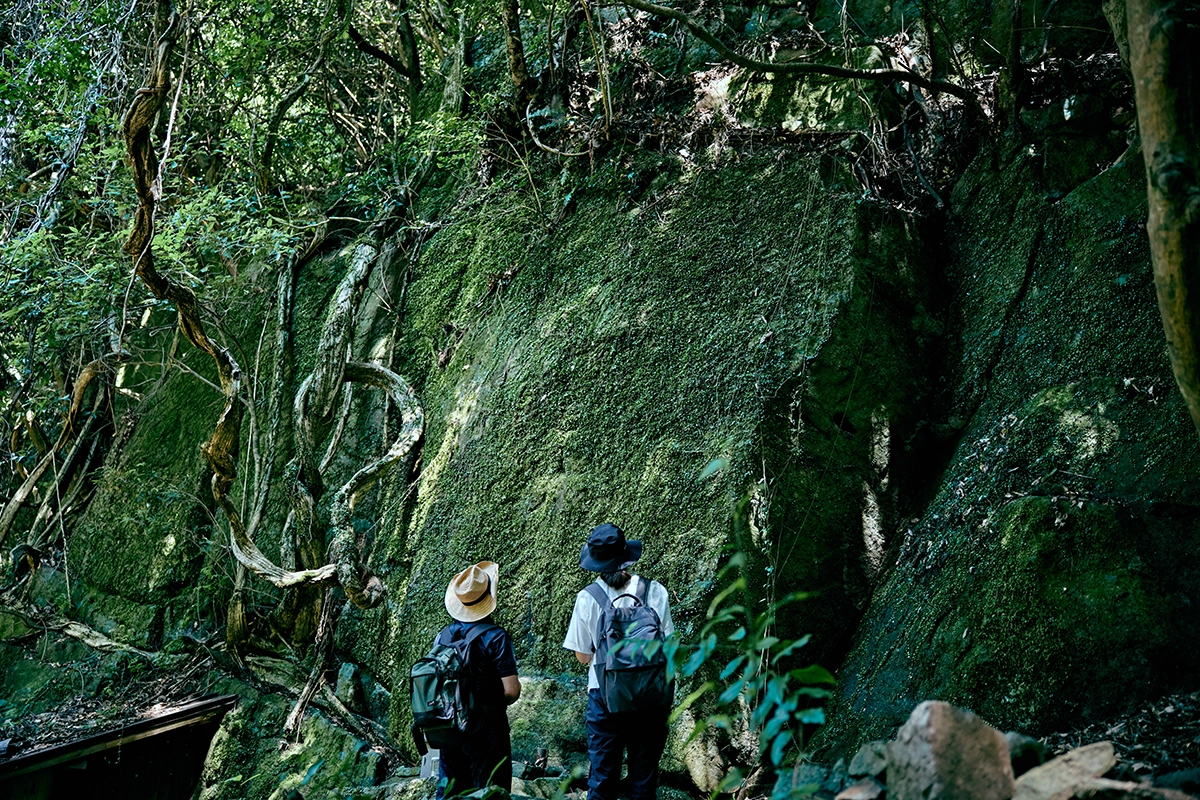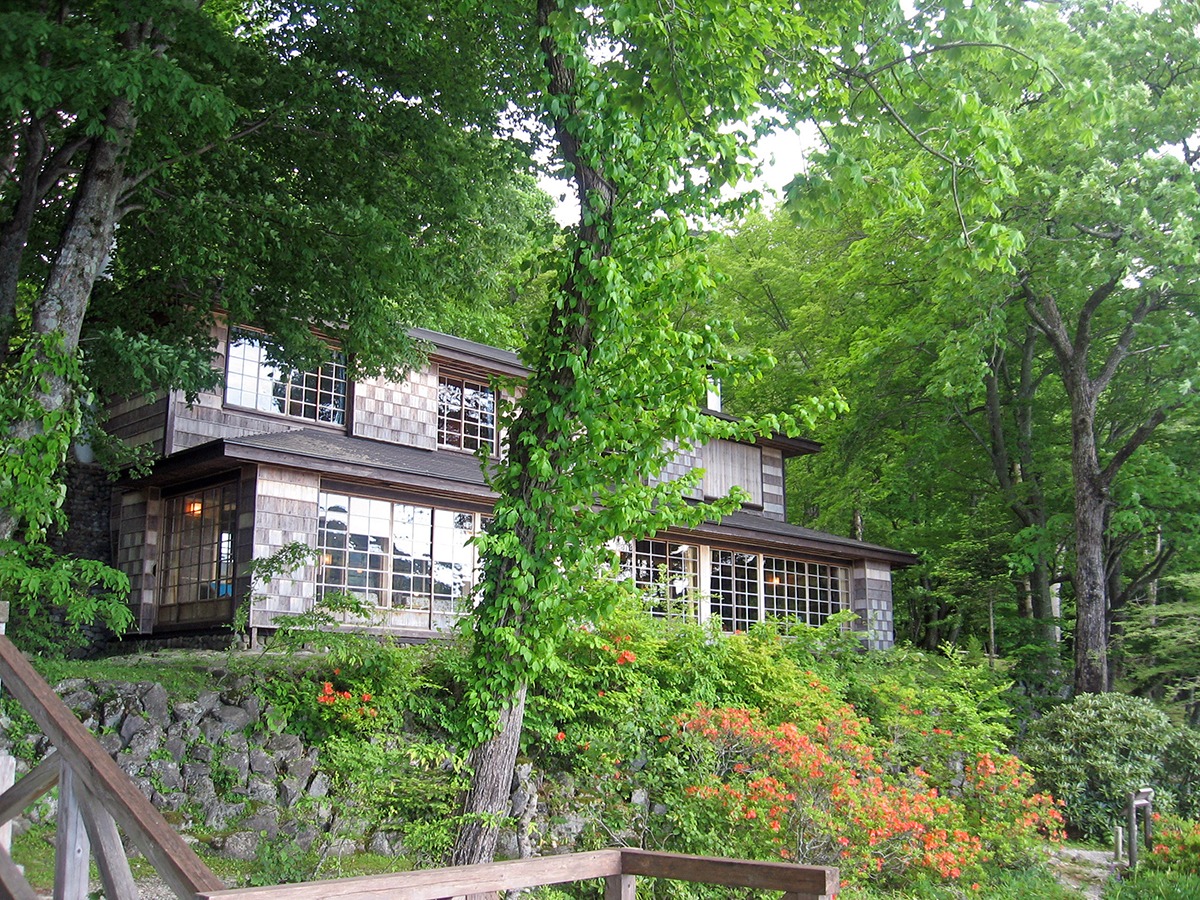Experience Obon 2024: A Guide to Japan’s Enchanting Festival of Spirits
Picture this: a warm summer evening in Japan, lanterns flickering softly in the gentle breeze, and the rhythmic sounds of traditional music filling the air. Welcome to Obon, one of Japan’s most cherished festivals, where the spirits of ancestors return to visit their families. This enchanting celebration is not just about honoring the past; it’s a vibrant affair that brings families together, fostering a sense of community and connection that transcends generations.
As you prepare for your journey to Japan in 2024, immerse yourself in the rich tapestry of Obon traditions. Expect lively dances, delicious seasonal foods, and heartfelt family reunions. Whether you’re a seasoned traveler or a first-time visitor, this guide will help you navigate the enchanting world of Obon, ensuring you make the most of this unforgettable experience.
Discover the Meaning of Obon: A Festival of Spirits
So, what exactly is Obon? Rooted in ancient Buddhist customs, this festival is a time for honoring the deceased and celebrating the bonds of family. Traditionally held in mid-August, Obon is believed to be the period when the spirits of ancestors return to the physical world. Families prepare altars adorned with offerings of food, flowers, and incense, welcoming their loved ones back home.
The spiritual significance of Obon is profound. It’s a moment for reflection, gratitude, and connection. Many families participate in rituals like Bon Odori, a traditional dance performed to invite spirits to join in the festivities. This dance varies by region, each with its unique style and music, creating a beautiful mosaic of cultural expressions across the country.
Historically, Obon has roots in the Ullambana Sutra, a Buddhist text that tells the story of a monk who sought to save his mother from suffering in the afterlife. Through this narrative, the festival evolved into a celebration of life and death, reminding us of the importance of family ties and the memories we cherish. For a deeper insight into Japan’s rich traditions, check out our article on Discover Japan’s Culture Through Its Public Holidays.
Obon Festival Dates 2024: Mark Your Calendars!
Ready to join in the festivities? Mark your calendars for the Obon celebrations in 2024! While the main festivities are typically observed from August 13th to 15th, the exact dates can vary depending on the region. For instance, some areas, like Tokyo, may celebrate Obon on the 15th, while others, such as Kyoto, might start their celebrations earlier.
It’s fascinating to see how local customs influence the timing and style of Obon celebrations. In some regions, the festivities extend beyond the traditional three days, with events and activities occurring throughout the month. Be sure to check local calendars and join in the celebrations wherever you find yourself in Japan during this magical time!
For more detailed information on specific dates, visit our guide on Experience Obon Holiday in Japan: A Summer Festive Guide.
Regional Celebrations: Where to Experience Obon in Japan
Japan is a treasure trove of regional customs, and Obon is no exception! Each area boasts its unique way of celebrating, making it a delightful adventure for travelers. Here are some must-visit locations where you can experience the magic of Obon:
- Kyoto: Famous for its Bon Odori dances, Kyoto’s celebrations are steeped in tradition. The city lights up with lanterns, and you can witness stunning firework displays illuminating the night sky.
- Tokyo: The capital’s vibrant atmosphere makes for an exciting Obon experience. Join the festivities at local parks and temples, where you’ll find lively performances and delicious street food.
- Tokushima: Home to the famous Awa Odori dance, Tokushima offers a unique twist on Obon celebrations. Don’t miss the chance to join in the fun and learn some dance moves!
- Nagasaki: Known for its spectacular lantern festivals, Nagasaki’s Obon celebrations are a sight to behold. The sight of thousands of lanterns floating on the water is truly mesmerizing.
- Okinawa: Experience Obon with a tropical twist in Okinawa! The island’s celebrations feature traditional music, dance, and delicious local cuisine that will tantalize your taste buds.
These regions invite you to witness the diverse customs and traditions that make Obon such a special time in Japan. Each location offers a unique flavor of the festival, ensuring that no two experiences are alike. For an in-depth look at regional celebrations, check out our article on Experience the Magic of Obon in Japan: A Complete Travel Guide.
Engaging in Obon Traditions: Customs and Activities
Get ready to immerse yourself in the delightful customs of Obon! This festival is a celebration of life, family, and the spirits of ancestors, and participating in its traditions is a fantastic way to connect with the culture. One of the highlights is the Bon Odori dance, a lively and joyous event that takes place in towns and cities across Japan. As the sun sets and lanterns light up the night, locals and visitors alike gather to dance. Don’t worry if you’re not a pro; the dance is simple and everyone is welcome to join in! You’ll find that the energy is infectious, and you might just find yourself twirling along with the crowd.
Another beautiful tradition is the lighting of lanterns. These lanterns symbolize guiding the spirits back to their resting places. You can participate by crafting your own lantern or purchasing one at local markets. Join the locals in releasing these lanterns into rivers or lakes, creating a magical spectacle as they float away, illuminating the water with their soft glow. It’s a moment that captures the essence of Obon—reflective, beautiful, and deeply meaningful.
Family gatherings are also a cornerstone of Obon celebrations. Many people return to their hometowns to honor their ancestors and share meals with family. If you’re lucky enough to be invited to a local home, don’t hesitate to accept! You’ll enjoy traditional dishes and the warmth of Japanese hospitality. If you’re on your own, look for community events where you can experience this familial atmosphere and perhaps make some new friends along the way.
For tips on how to engage respectfully in these traditions, check out our article on Experience Obon in Japan: Lanterns, Family, and Flavor.
Culinary Delights: Traditional Foods of Obon
Ah, the food! Obon isn’t just a feast for the eyes; it’s a culinary adventure waiting to happen. Each region has its own specialties that reflect the season and local ingredients. You can’t celebrate Obon without indulging in some delicious obon food. Look out for dishes like somemono (pickled vegetables), yakitori (grilled chicken skewers), and mochi (rice cakes). These seasonal treats are not just tasty; they also hold cultural significance, often prepared as offerings for ancestors.
Don’t miss out on trying hōtō, a hearty noodle soup native to Yamanashi Prefecture, or kakigōri, a refreshing shaved ice dessert perfect for summer. As you wander through local markets, you’ll find stalls brimming with mouthwatering snacks. Street food is a must-try during Obon, so grab a taiyaki (fish-shaped cake filled with sweet red bean paste) or a dango (sweet rice dumplings) as you enjoy the festivities.
For a deeper dive into the delicious offerings of Obon, explore our culinary guide on Ultimate Guide to Japanese Festivals: Unveiling the Magic and Traditions.
Detailed Day-by-Day Itinerary for Obon 2024
Ready to make the most of your Obon experience? Here’s a suggested itinerary to guide you through this enchanting festival:
- Day 1: Arrival and Preparations – Arrive in Japan and settle into your accommodation. Spend the evening exploring local markets to gather offerings for the altar and perhaps pick up a lantern to light later.
- Day 2: Bon Odori and Family Gatherings – Join in a local Bon Odori dance in the evening. Before that, visit a nearby temple to pay respects to ancestors. Enjoy a meal with locals or at a community event.
- Day 3: Lantern Lighting and Reflection – Spend the day visiting local attractions or participating in workshops about Obon traditions. In the evening, take part in the lantern lighting ceremony, either at a riverbank or a local shrine.
- Day 4: Explore More Regional Customs – Travel to a nearby city to experience different Obon traditions. Engage with local festivities, try regional foods, and dance the night away!
- Day 5: Farewell and Reflection – Use this day to reflect on your experiences and perhaps visit a shrine to give thanks. Grab some last-minute souvenirs before heading home.
For more travel tips and insights on experiencing traditional holidays, check out our guide on Ultimate Japan Travel Guide 2024: Experience Traditional Holidays and Festivals.
Fun Facts About Obon: Surprising Insights
Did you know that Obon has been celebrated for over 500 years? This festival is steeped in history and folklore. Here are some fun and surprising facts that might just blow your mind:
- Floating Lanterns: The practice of floating lanterns on water is believed to help guide spirits back to the other world. It’s a beautiful sight to behold!
- Bon Odori Variations: There are countless regional variations of Bon Odori, each with its own unique music and dance moves. Some are fast-paced, while others are more graceful.
- Obon and Summer: Obon is often considered the peak of summer in Japan, marking a time of warmth, family gatherings, and vibrant festivals.
- Seasonal Foods: Many dishes served during Obon are made with seasonal ingredients, showcasing the best of summer’s bounty.
For more intriguing tidbits about Japan, check out our article on Free Travel Guide for Japan.
Practical Information for Travelers: Tips and Guidelines
Planning your trip during Obon? Here are some practical tips to help you navigate this vibrant festival:
- Book Early: Accommodations fill up quickly during Obon, so be sure to secure your stay well in advance. Agoda offers a variety of options to fit your needs!
- Transportation: Public transport can get crowded, especially around major events. Consider purchasing a rail pass for convenient travel.
- Respect Local Customs: When participating in rituals or family gatherings, be mindful of local customs and practices. A little respect goes a long way!
- Stay Hydrated: Summer in Japan can be quite hot, so drink plenty of water as you enjoy the festivities.
For more travel tips, check out our guide on Free Travel Guide for Japan – What to do in Japan.
Sustainability and Conservation Focus During Obon
As you revel in the beauty of Obon, consider the impact of your celebrations on the environment. Many communities are increasingly focusing on sustainability during this festival. Here are a few ways you can contribute:
- Use Eco-Friendly Lanterns: Opt for biodegradable lanterns or make your own from natural materials.
- Support Local Artisans: Purchase souvenirs from local artisans rather than mass-produced items. This helps sustain the local economy and reduces environmental impact.
- Participate in Cleanup Efforts: Join local initiatives to clean up after festivals, ensuring that the beauty of nature remains intact for future celebrations.
For more insights into Japan’s commitment to sustainability, explore Explore Japan’s Cultural Heritage.
Outdoor Activities and Experiences During Obon
Obon isn’t just about indoor festivities; it’s also a fantastic time to soak up Japan’s natural beauty! Many regions host outdoor events, including nature walks, local festivals, and scenic hikes. Here are some ideas to make the most of your outdoor experience:
- Nature Walks: Take a leisurely stroll through parks adorned with lanterns, or explore local trails that offer stunning views of the summer landscape.
- Participate in Outdoor Festivals: Many towns host outdoor Obon festivals with food stalls, games, and live performances. It’s a great way to mingle with locals!
- Beach Fun: If you find yourself in Okinawa, hit the beach for some sun and sand while enjoying the local Obon festivities.
For more ideas on enjoying outdoor activities, check out our article on Experience Obon in Japan: Lanterns, Family, and Flavor.
Shopping for Obon Souvenirs: What to Look For
Want to take a piece of Obon home with you? Souvenir shopping is a delightful way to remember your experience. Here are some unique items to look for:
- Lanterns: Small decorative lanterns make for beautiful keepsakes and can remind you of the magical nights spent observing the festival.
- Traditional Crafts: Look for handmade items like pottery, textiles, or woodwork that reflect the local culture.
- Food Products: Bring home some local snacks or ingredients used in traditional Obon dishes to recreate the flavors of your journey.
For more tips on where to shop, check out our guide on Ultimate Guide to Japanese Festivals: Unveiling the Magic and Traditions.
Commonly Asked Questions (FAQs) About Obon
Curious about Obon? Here are some frequently asked questions that can help you prepare for your visit:
- What is the significance of Obon? Obon is a time to honor and remember ancestors, celebrating family ties and cultural heritage.
- When is Obon celebrated? The main festivities typically occur from August 13th to 15th, but dates can vary by region.
- Can tourists participate in Obon traditions? Absolutely! Visitors are welcome to join in the festivities, but it’s important to be respectful of local customs.
For more insights into Obon and its cultural significance, check out our article on Experience the Magic of Obon in Japan: A Complete Travel Guide.
With all this excitement, you’re bound to have an unforgettable experience during Obon 2024! Whether you’re dancing under the stars, savoring delicious foods, or lighting lanterns to honor the spirits, this festival is a celebration of life, love, and memory. So pack your bags, grab your camera, and get ready for an adventure filled with culture, connection, and joy!

















